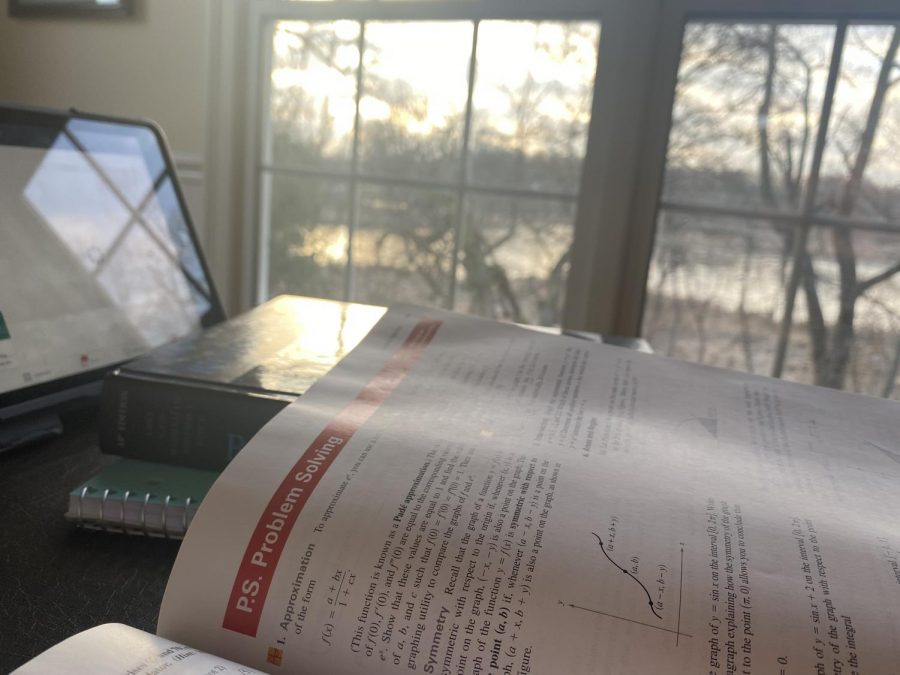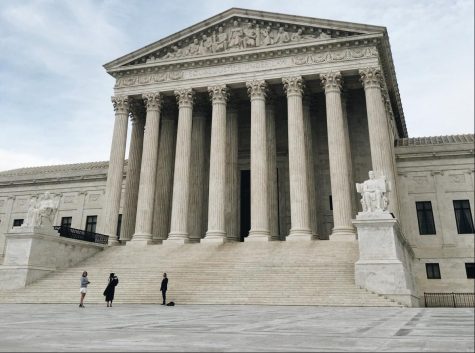Testing overload
Photo by Hannah Etienne
With finals canceled, the weeks leading up to winter break may have been especially stressful for students studying for an overwhelming number of cumulative and summative tests.
Much of the high school experience “returned to normal” last semester, with in-person school, football games, concerts, and more. But one change to the curriculum has lingered: the cancellation of final exams.
The days leading up to winter break have been unusually packed with tests, both summative and cumulative. A senior student told me that she had ten summatives during the last week of the semester, a couple of which were retakes. A junior told me that she had four summatives in the first four periods of the day.
I was always told that finals were intended to mimic the final exams administered in college, preparing students with the study skills necessary to be successful on a cumulative semester exam. Without finals, students not only aren’t getting an experience that would have been helpful in college, but may have also been overloaded with tests the week before what would have been finals week. A finals schedule, with a maximum of three tests per day for three days, may have been much less overwhelming.
The finals schedule spaced out tests in a predictable manner, and I believe that if the high school plans to continue to forgo final exams, that consistency needs to remain in order to prevent an overload of tests at the end of each semester. To avoid the confusion of every teacher doing something different, every class should offer similar options.
For example, the AP Calculus AB classes are offering an optional cumulative exam that could replace a summative grade of the student’s choice. Because students can already retake one summative per semester in AP Calculus AB, they can replace their two lowest summative grades with a retake and a final, significantly raising their grade.
This is one of the best strategies because students who maintained high grades all semester can choose not to take the final and save themselves from the stress of studying. Students who are struggling in the class have a chance to raise their grades as they would have with a regular final. And choosing to take the final can only help their grade, because if they score lower, they can choose not to replace the original summative grade.
With teachers making a variety of decisions about how to end this semester, the last two weeks before winter break felt more disorganized to me than when there were finals.
I’m definitely not complaining that traditional finals were canceled, but last week of first semester was a rough one for students with rigorous course loads because many teachers ended up giving chapter tests or unit exams during the last week. More consistency in future final-free semesters would create a less stressful week for students.

Hannah’s third year on staff is her first year as Spotlight Editor. She spends more time talking to her cats than practicing her flute as a band member....











